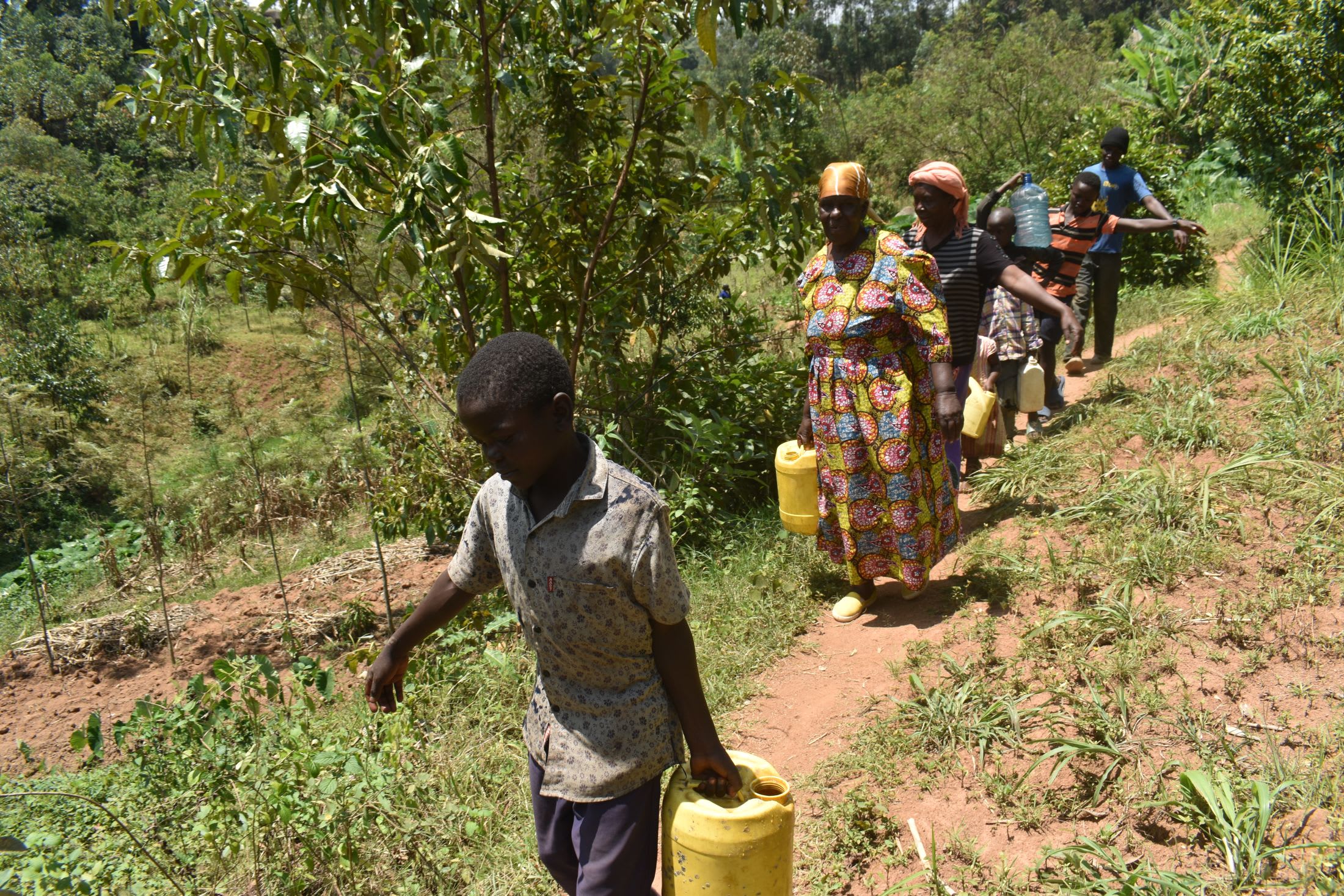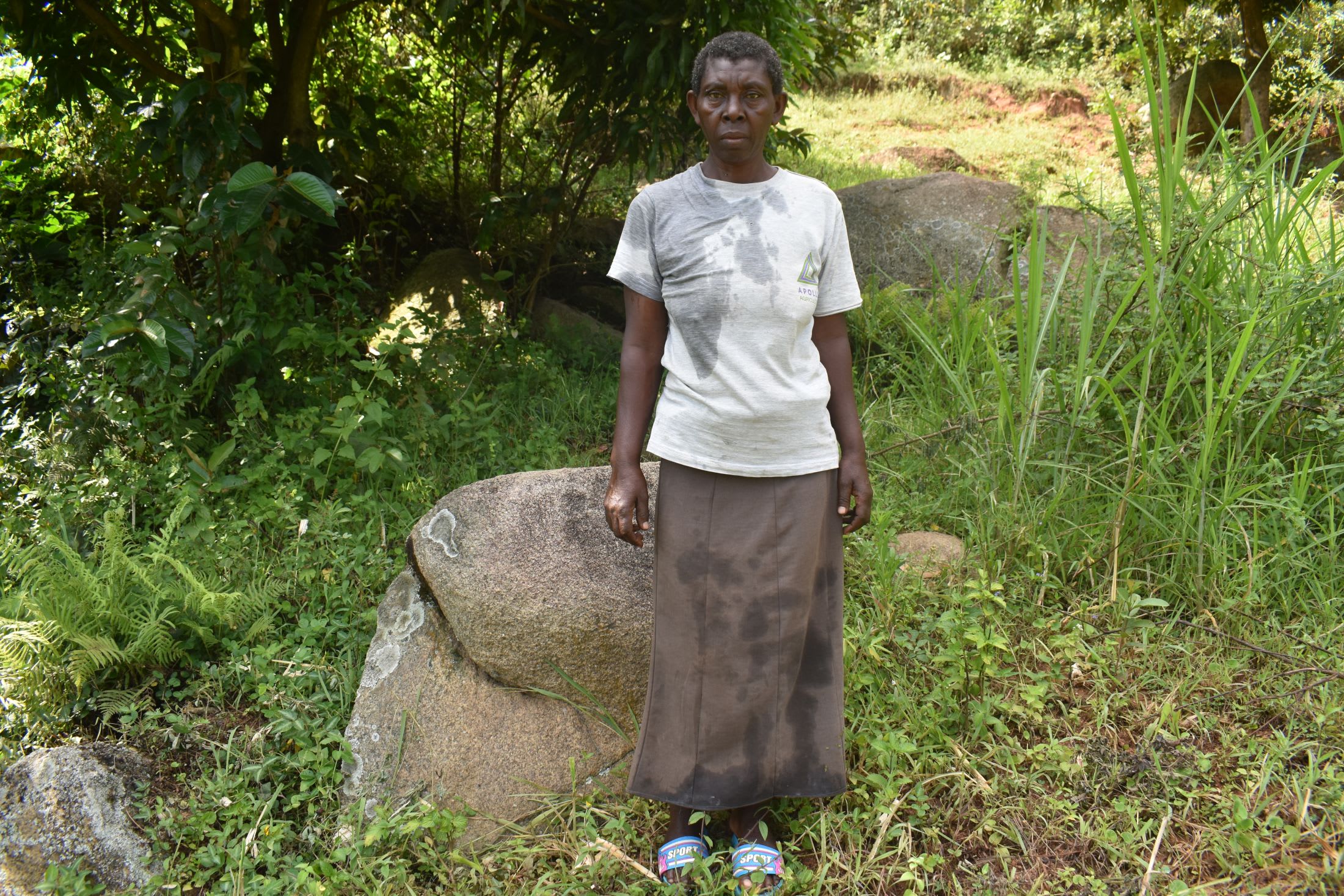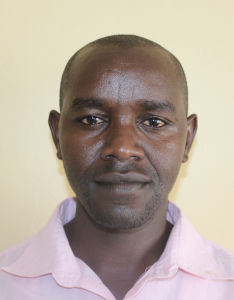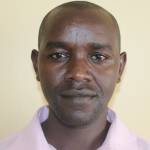140 residents of the Ikoli Community only rely on Obembo Spring for water. Though its naturally flowing waters technically meet their needs, the water it provides is contaminated and requires tremendous effort to collect.

Community members collect water.
"The water appears to be clear with [the] naked eyes, but small particles are visible when keenly observed. Though [the] color may not be seen, a smell of rottenness of leaves is inevitable. Taste is less felt, but very evident due to surface water mixing with the main source," shared Field Officer Wilson Kipchoge.

"According to the members, some have suffered a great deal of pain after consuming water from this source, but since there is no other safe water source around, they persevere by fighting through the challenges. In most cases, the users of the water source have been exposed to high risk of outbreaks of waterborne diseases like cholera and dysentery, which are deadly if not controlled," Mr. Kipchoge continued.
As mentioned above, the Ikoli Community knows their water is unsafe to consume and feels its devastating effects on their health.
56-year-old farmer Gladys Mmboga eagerly shared the challenges she faces daily.

Ms. Gladys Mmboga.
"As water is commonly and widely used by community members, I fetch it and drink, but the end result was evident. It was very horrible for me to go to [the] hospital just because I did not treat the water before drinking. Long ago, I and other community members used to drink water freely without fear of diseases," she said.
Ms. Mmboga's health isn't the only thing that suffers when she falls ill. She's often too sick to work her farm or care for her family, leaving them susceptible to poverty and affecting their ability to prosper.

Farm.
"The sickness made me stay indoors until I received full recovery, which meant that all my duties collapsed, including not working on my farm and sometimes not being able to cook for my family," she continued.
Ms. Mmboga works hard for her family and needs her livelihood, yet consuming water from the spring repeatedly leaves her open to water-related illness.

"If you want to survive, water must be part and parcel of life. Cooking, washing, farming, and our own lives are all about water," Ms. Mmboga shared.
Protecting the community spring will ensure the water is naturally filtered, removing harmful bacteria. We will also install a chlorine dispenser to further prevent the risk of water-related illnesses.

With access to clean water, Ms. Mmboga can live without the fear of falling ill or falling behind. She can get back to what matters: her family and farming.
"Farming is my favorite task, and I enjoy doing it. Every time I get an opportunity, I spend it at the farm," she concluded.
Steps Toward a Solution
Our technical experts worked with the local community to identify the most effective solution to their water crisis. They decided to safeguard the existing flowing spring.
Spring Protection
Springs are natural water sources that originate from deep underground. As water travels through various layers of the earth, it undergoes a natural filtration process, making it cleaner and safer to drink. To protect these spring sources from contamination, we construct a waterproof cement structure around layers of clay, stone, and soil. This design channels the spring water through a discharge pipe, facilitating easier, faster, and cleaner water collection.
Chlorine Dispenser
As an extra measure towards water quality safety, uniquely engineered chlorine dispensers are installed at all of our spring protection projects so community members can treat their water with pre-measured doses of chlorine. The chlorine treats any residual contamination and stays active for two to three days, ensuring water stays safe to use even when stored at home. Chlorine delivery and maintenance of the dispensers are part of our ongoing community support.
Community Education & Ownership
Hygiene and sanitation training are integral to our water projects. Training is tailored to each community's specific needs and includes key topics such as proper water handling, improved hygiene practices, disease transmission prevention, and care of the new water point. Safe water and improved hygiene habits foster a healthier future for everyone in the community. Encouraged and supported by the guidance of our team, a water user committee representative of the community's diverse members assumes responsibility for maintaining the water point, often gathering fees to ensure its upkeep.

 Protected Spring
Protected Spring
 Rehabilitation Project
Rehabilitation Project


















